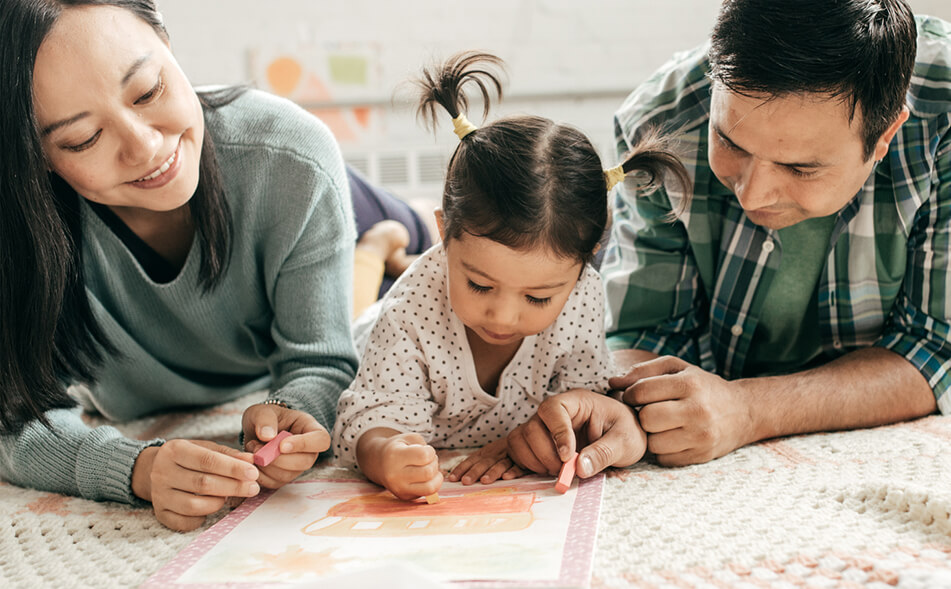Agreeing to Disagree & 5 Other Creativity Boosters for Your Toddler
In recent days, creativity has become increasingly important as a way of distinguishing tasks that are mechanical – and therefore replaceable – with those that can only be driven by individual ideas and imagination. The value of creativity cannot be understated – but what if your child ISN’T born creative?
First of all, perish that thought, because creativity isn’t merely an inborn talent; It’s actually a skill that can be developed through play and practice. Secondly, creativity isn’t limited to artistic expression – it’s all-encompassing, allowing people to become better problem solvers, deal better with change and generally be more equipped to take advantage of opportunities.
So now that we’ve established that, yes, creativity is important for everyone, especially children, here are some (creative) ideas to nurture it in your little one:
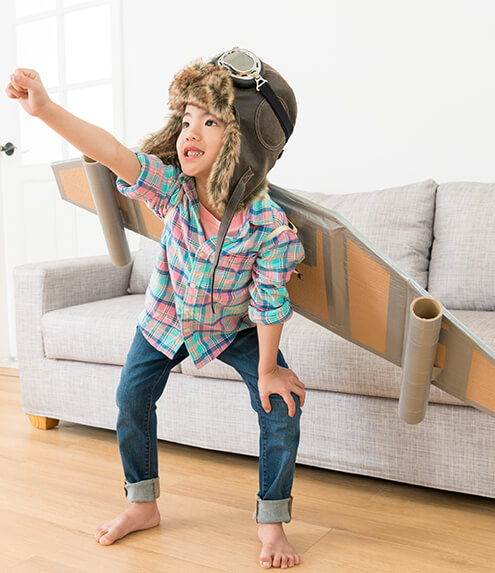
Toss the Tried & True
Today’s toys come with pre-fabricated storylines, themes and stories - no longer do children need to imagine themselves wielding a magic wand or flying a spaceship in a world they’ve created; they can just be a Harry Potter or Star Wars character. This stifles imagination and impairs creative development; while they have their own value, make sure they’re not the only source of your child’s entertainment; once in a while, even something as simple as a pencil and paper can work wonders in the long term.
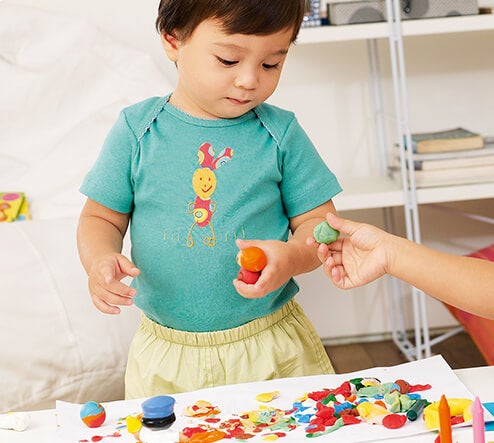
Leave Out Structure
Children need lots of time for unstructured play without adult ‘logic’ and direction to impede them; this allows them to really let their imagination run wild and express their creativity. Just provide a specific space for your little one to make their ‘beautiful messes’, like a place in the garden, or a corner in a space room, and provide them with cheap creative resources like art supplies, stickers, building materials and baubles for them to bring their fantasies to life!
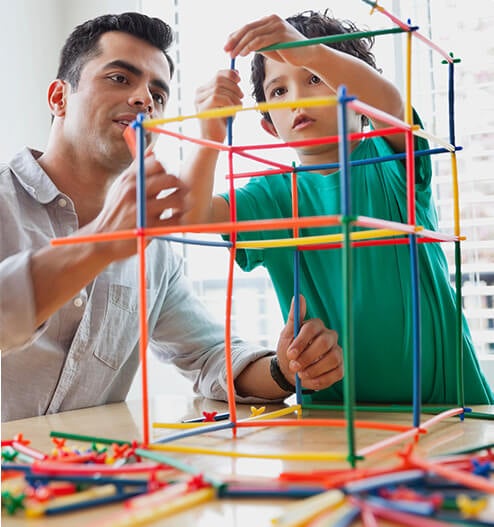
Encourage Failure
Without experimentation, mistakes and, ultimately, failure, there would be no innovation. Show your little one that it’s OK to fail, as long as they learned something from it. In fact, share some of the mistakes or failures you’ve made recently, so they also understand that making a boo-boo isn’t the end of the world. By doing this, you’ll take away the pressure from your child to curb their creative thoughts because of the fear of failure.
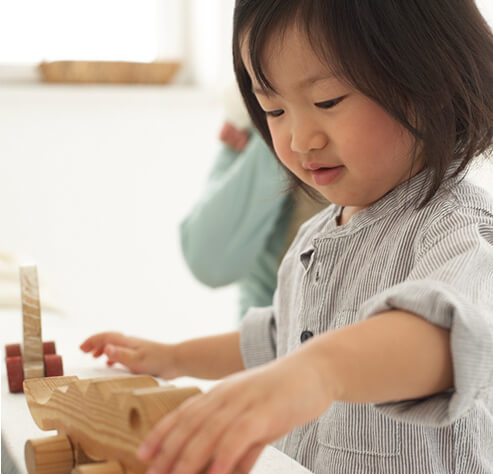
Agree to Disagree
Divergent thought – as in, not agreeing with everything you say, or even what it says in a book or show – is the sign of creative maturity. Let your child disagree with you, and let them know that there’s more than one way to solve a problem. Then when they solve a problem in a particular way, encourage them to tackle that same problem in another way.

No Rewards Necessary
Don’t try to incentivise your child’s creativity; rewards interfere with rather than motivate creativity, and are likely to reduce the quality of output. Let your children explore their creative talents based on their intrinsic motivation, curiosity and hunger of knowledge; the only real reward you need to give for these is to let them do more of it!

Never Focus on Achievement
Creativity isn’t a destination, it’s a process. It shouldn’t matter what your drawing turns out to be, or whether what they build meets any real-world logic or practicality. To really encourage their creativity, as them questions about the process like “Was it fun? What did you enjoy about it? What else would you want to do with it?” then give them a chance to respond in their own way, without judging them.








